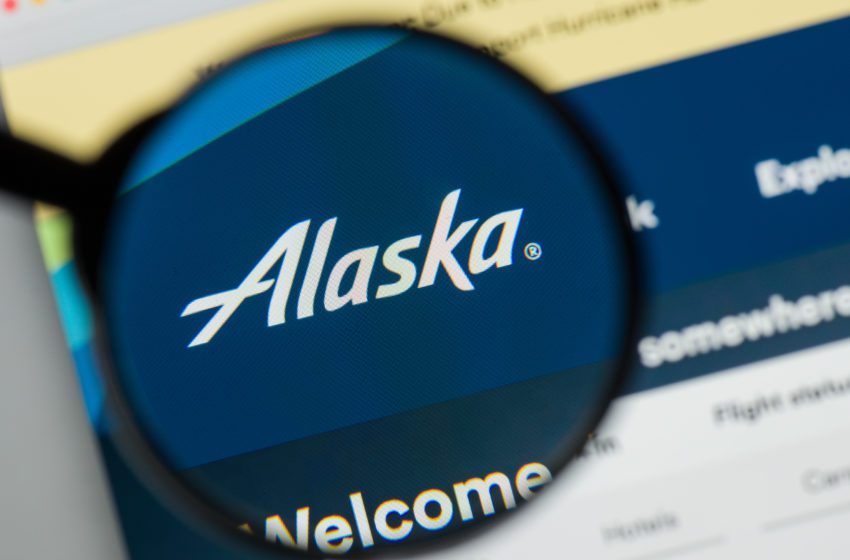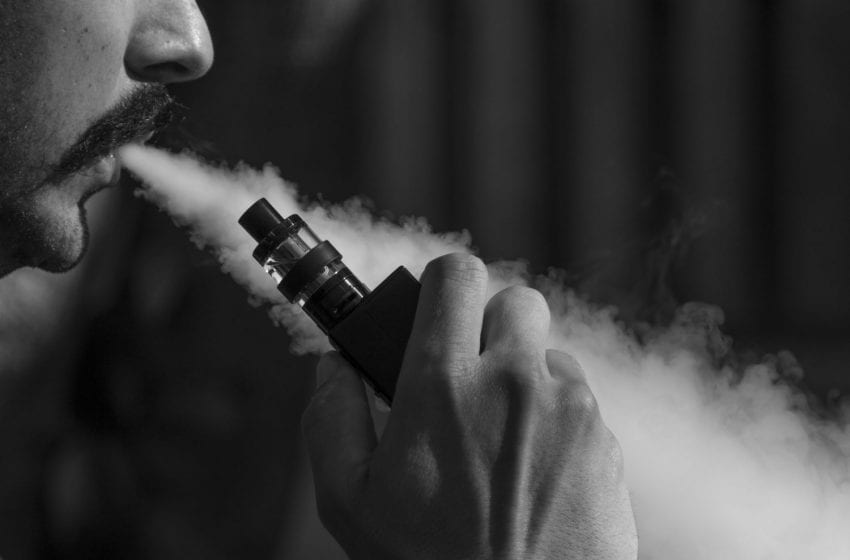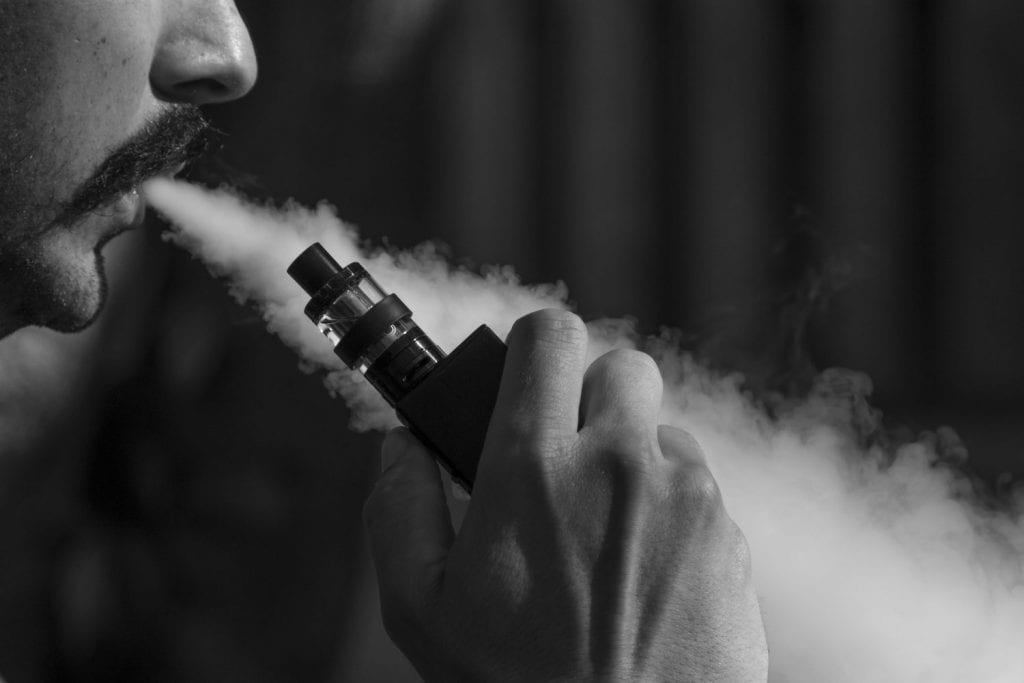
A mistrial was ruled last week in a lawsuit filed by Alaska against Juul Labs, Inc. and the Altria Group, Inc., for what the state alleged was the company’s role in causing an increased use of e-cigarettes by youth.
In a statement, Alaska Attorney General Treg Taylor said that his office was “disappointed” to see the case end in a mistrial due to a procedural error.
“This does not reflect the merits of the case,” Taylor said. “We are still evaluating our options, including pursuing another trial.”
In a follow-up question, Alaska’s News Source asked the State’s Department of Law to elaborate on the details of the procedural error, asking specifically if it was a matter of jury tampering.
The Attorney General responded in a statement by saying:
“The Attorney General’s office appreciates and thanks the members of the jury who devoted nearly seven weeks to carefully considering the evidence in this case. While the case ended in a mistrial for procedural reasons, the facts have not changed,” Taylor said. “Youth vaping continues to present a grave threat to the health of our kids. Companies that design and market products that are harmful to our children will be held to account. That was true before this trial began, and it remains true today.”
In a statement from Juul Labs, External Affairs Vice President Stefanie Miller accused Alaska of having one of the highest smoking rates in the country while it continues to attack an “American company” that provides alternatives to combustible cigarettes.
“We are hopeful that the hard work of the court and the jury will be taken into consideration before more of the State’s resources are devoted to matters almost 10 years old and, instead, will be directed to address the true threat to Alaskans: the flood of illegal and untested Chinese vaping products that target Alaska’s youth,” the statement said.















